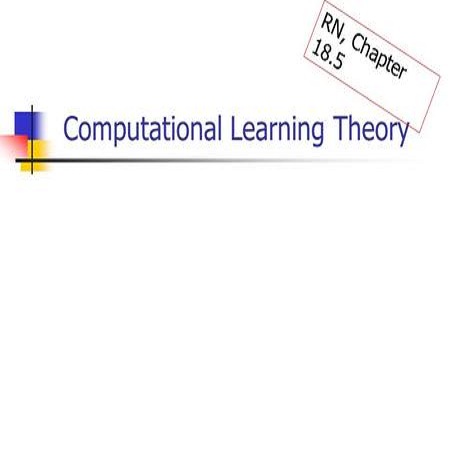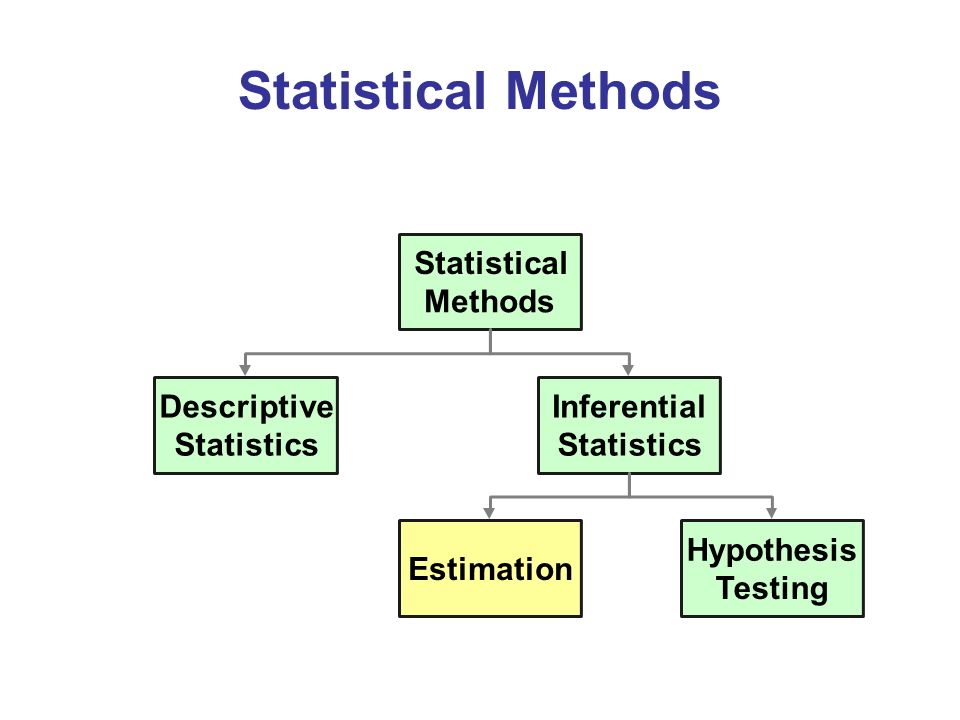Inferring causal structures from experimentation is a central task in many domains. For example, in biology, recent advances allow us to obtain single-cell expression data under multiple interventions such as drugs or gene knockouts. However, the targets of the interventions are often uncertain or unknown and the number of observations limited. As a result, standard causal discovery methods can no longer be reliably used. To fill this gap, we propose a Bayesian framework (BaCaDI) for discovering and reasoning about the causal structure that underlies data generated under various unknown experimental or interventional conditions. BaCaDI is fully differentiable, which allows us to infer the complex joint posterior over the intervention targets and the causal structure via efficient gradient-based variational inference. In experiments on synthetic causal discovery tasks and simulated gene-expression data, BaCaDI outperforms related methods in identifying causal structures and intervention targets.
翻译:从实验中推断因果结构是许多领域的一项核心任务,例如在生物学方面,最近的进展使我们能够在药物或基因淘汰等多种干预措施下获得单细胞表达数据,然而,干预措施的目标往往不确定或未知,而且观察数量有限,因此,无法再可靠地使用标准的因果发现方法,为填补这一空白,我们提议建立巴耶斯框架(BaCaDI),以发现和论证在各种未知实验或干预条件下生成的数据的因果结构。巴卡迪完全可以区分,它使我们能够通过高效率的梯度变换推断出复杂的联合后遗物相对于干预目标和因果结构。在合成因果发现任务和模拟基因表现数据的实验中,巴耶斯框架(BaCaDI)在确定因果结构和干预目标方面优于相关方法。



